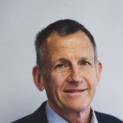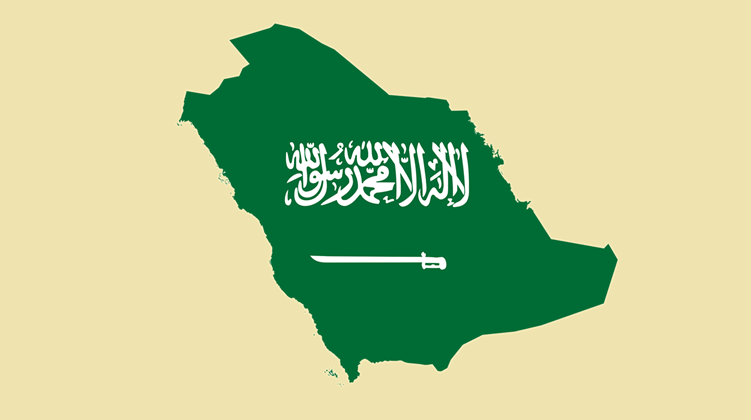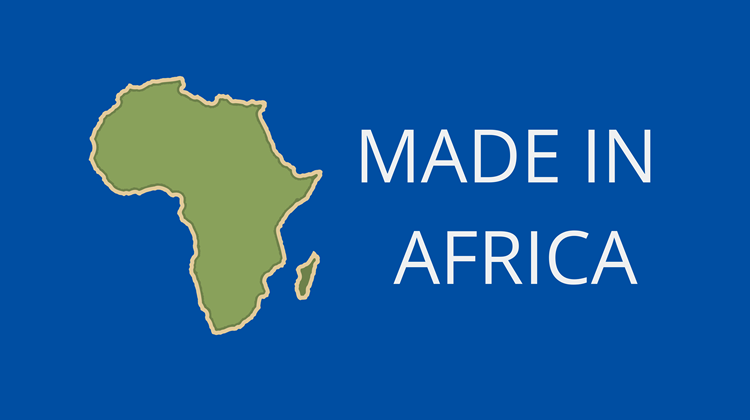Africa’s future demographic dividend matters to Europe today

Africa’s demographic surge offers Europe a chance to rethink labour, migration and global partnerships through a lens of long-term interdependence.
Europe’s population is shrinking, while Africa’s is growing. By 2050, Africa will be home to one in four people globally.
At 1.5 births per woman in 2023, fertility rates in the Netherlands were significantly below replacement levels, although higher than the European average of 1.4. The population is expected to shrink from 2050 onwards.
In comparison, Somalia, Chad, Niger and the DR Congo all had a fertility rate of above six children per woman in 2023, with 45 other African countries exceeding the rate of 2.8.
Similarly, the EU’s labour force is shrinking and ageing, while Africa’s is growing rapidly and becoming younger. By 2050, more than 60% of Africa’s people will be of working age. In Sub-Saharan Africa, the labour force will more than double. It will have increased from 505 million in 2023 to 1 058 million people, while Europe’s labour force will have declined from 370 million to 342 million.
By 2050, more than 60% of Africa’s people will be of working age
These striking insights are derived from a recently modelled Demographics and Health scenario authored by AFI-ISS, which are presented in a working paper published in collaboration with the Netherlands Scientific Council for Government Policy (WRR).
These demographic contrasts will have global ramifications. They will affect labour markets, trade, migration and geopolitical stability. Africa’s demographic trends increasingly shape global economic and political developments, including for the EU and the Netherlands.
Thus, supporting Africa’s demographic transition is strategic foresight, rather than charity. Africa’s youth bulge could become a key driver of development with the right interventions and investments, but failure to do so could result in missed opportunities for both regions.
Realising the potential of Africa’s population trends requires a closer look at the demographic transition process, and the conditions under which it can generate a meaningful demographic dividend.
The demographic transition is a historical process of change in a population’s fertility and mortality rates, typically passing through five stages — from a phase of high birth and death rates with slow population growth, to one of low fertility and mortality where population growth stabilises or declines. As countries progress through these stages, the structure of the population shifts. A demographic dividend then arises in a country when the share of the working-age population (15–64) is large relative to the non-working-age share of the population (14 and younger, and 65 and older).
Africa is not homogeneous. Different countries are at different stages of their demographic transition and will thus experience the dividend at different times. Early-transition countries, like Niger, still have very high fertility rates, limited access to health and education and a large child-dependent population. Mid-transition countries, such as Ghana, are seeing fertility decline and a growing share of working-age youth, creating both opportunity and pressure on services and jobs. Late-transition countries, like Tunisia, have near-replacement fertility, smaller youth cohorts and are beginning to face the challenges of an ageing population. Nigeria, Africa’s largest country in terms of population size, is expected to enter the demographic window only around 2060 and to peak around 2085. Only 10 out of 54 African countries were in the demographic window of opportunity in 2023. By 2050, 32 will be — but Algeria, Tunisia and Mauritius will have already exited it by then.
Without accelerating the demographic transition, there is a strong risk that the continent will face a continued delay in reducing poverty and delivering services to its citizens. High fertility can overwhelm education, health and infrastructure systems. The absence of decent work opportunities for young people can fuel disillusionment, political unrest and irregular migration. Urbanisation is occurring rapidly, yet often without adequate planning, leading to overcrowded cities and slums. Without significant infrastructure investments, gaps will continue to limit Africa’s ability to harness its demographic potential.
Countries must advance the transition before they can harness it. Advancing the demographic transition requires improvements in child and maternal health, access to modern contraceptives, education (especially for females) and basic infrastructure such as safely managed access to water and sanitation. For instance, Africa’s average use of modern contraceptives remains low at 32%, compared to 73% in Europe. Increasing female education levels delay marriage and childbirth, which contributes to fertility decline and economic empowerment. Behavioural and cultural shifts regarding family size and gender roles are equally critical and require deliberate policy attention.
Once fertility declines and the working-age share rises, turning the demographic potential into prosperity depends on a cascade of key factors, including the country’s ability to create enough jobs aligned with market needs, particularly in labour-intensive sectors, to absorb its growing workforce. This requires investment in skills training, including digital and vocational education, as well as better urban planning to manage rapid urbanisation. Young people must be actively included in economic and political life. Good governance and political stability are crucial to attracting investment and fostering inclusive growth.
Harnessing the demographic dividend is thus not automatic. It requires coordinated action across sectors and a clear sequencing of reforms.
A shared agenda for the Netherlands and Europe
Supporting Africa’s demographic transition is a clear strategic interest for Europe, because the continent’s trajectory will shape Europe’s own economic and social outcomes. In an increasingly multipolar world, shared prosperity and stability will depend on recognising and investing in this growing interdependence. A key example is that Europe already faces a structural labour shortage; Africa will have a labour surplus. Structured, legal migration frameworks can therefore both help meet skills gaps and labour shortages in Europe while providing economic opportunities for young Africans, particularly from countries where the pressures of youth unemployment are acute. In order to realise such opportunities, European policymakers must develop a better understanding of Africa’s demographic trajectories and their implications.
European policymakers must develop a better understanding of Africa’s demographic trajectories and their implications
Early investment in advancing and harnessing Africa’s demographic dividend is an opportunity to build economic partnerships, address labour shortages and manage migration. It also aligns with the EU’s Green Deal and Africa Strategy, which highlight the importance of inclusive growth, human development and sustainable investment.
International support must focus less on short-term development goals and more on helping countries build the systems needed for long-term demographic advancement. In this, African countries require differentiated support strategies based on their governance capacity and whether they are experiencing the early phase or a later phase of the demographic transition. Donors should align funding streams accordingly, and European partners should include demographic progress indicators (such as fertility rates, contraceptive prevalence and age structure) in their development and migration cooperation frameworks.
Africa’s demographic arc is not predetermined. For the Netherlands and Europe, now is the time to act: not out of solidarity, but out of shared strategic interest. Africa can be a partner in managing global transitions, but this requires mutually beneficial cooperation.
Image: GDJ/Pixabay
Download the full working paper here.
Republication of our Africa Tomorrow articles only with permission. Contact us for any enquiries.








